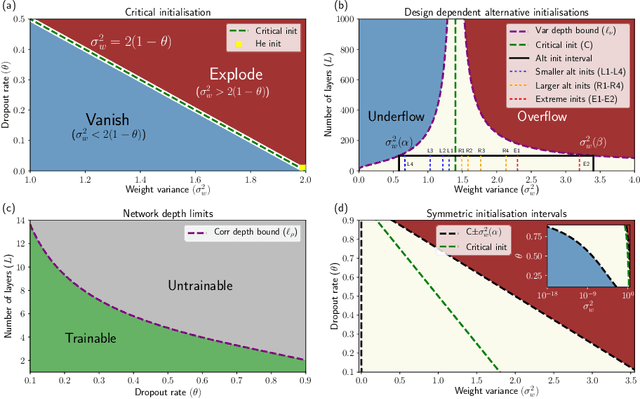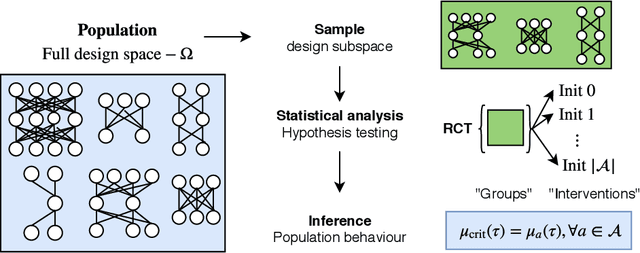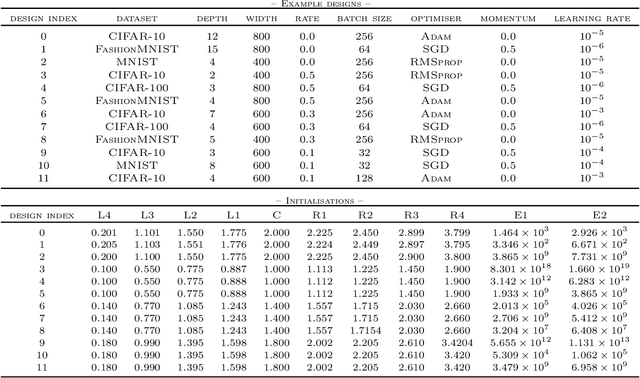Steve James
If dropout limits trainable depth, does critical initialisation still matter? A large-scale statistical analysis on ReLU networks
Oct 13, 2019



Abstract:Recent work in signal propagation theory has shown that dropout limits the depth to which information can propagate through a neural network. In this paper, we investigate the effect of initialisation on training speed and generalisation for ReLU networks within this depth limit. We ask the following research question: given that critical initialisation is crucial for training at large depth, if dropout limits the depth at which networks are trainable, does initialising critically still matter? We conduct a large-scale controlled experiment, and perform a statistical analysis of over $12000$ trained networks. We find that (1) trainable networks show no statistically significant difference in performance over a wide range of non-critical initialisations; (2) for initialisations that show a statistically significant difference, the net effect on performance is small; (3) only extreme initialisations (very small or very large) perform worse than criticality. These findings also apply to standard ReLU networks of moderate depth as a special case of zero dropout. Our results therefore suggest that, in the shallow-to-moderate depth setting, critical initialisation provides zero performance gains when compared to off-critical initialisations and that searching for off-critical initialisations that might improve training speed or generalisation, is likely to be a fruitless endeavour.
 Add to Chrome
Add to Chrome Add to Firefox
Add to Firefox Add to Edge
Add to Edge